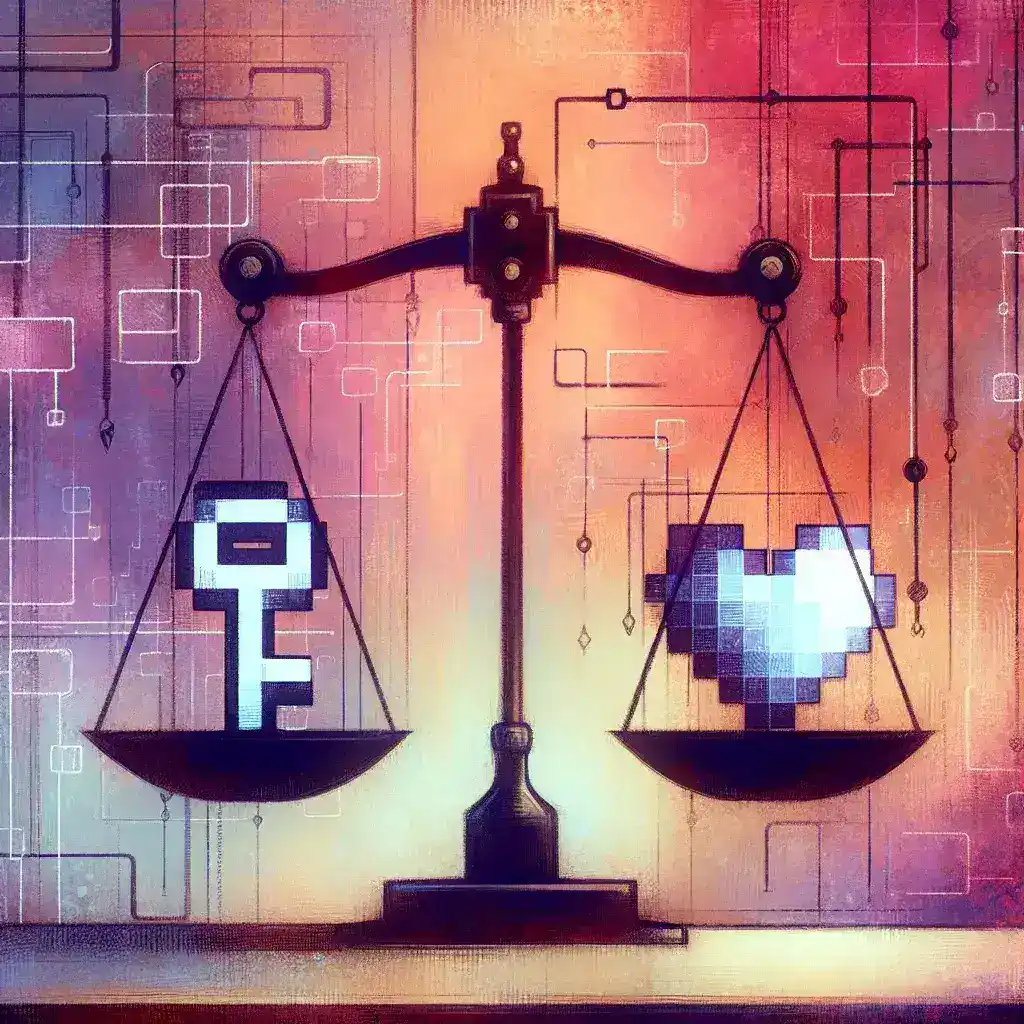Introduction
Hacking government systems is a subject that sits at the intersection of technology, law, and ethics. While the act of unauthorized access to government databases and infrastructures is illegal, the motivations and ethical considerations behind such actions are complex and multifaceted. This article delves into the various ethical dimensions that come into play when individuals or groups engage in hacking activities targeting government systems.
The Legality Versus Ethics Dilemma
One of the primary ethical considerations in hacking government systems is the conflict between legality and morality. While hacking is unequivocally illegal, there are instances where the ethical underpinnings of the act can be debated. For example, whistleblowers who expose government malpractices may employ hacking as a tool for transparency. The ethical justification here hinges on the greater good achieved by revealing corruption or abuse of power.
Intent Behind the Hack
The intent of the hacker plays a crucial role in determining the ethicality of the action. If the goal is to expose vulnerabilities and push for better security measures, the act can be seen as a form of ethical hacking or white-hat hacking. Conversely, if the intent is malicious—such as stealing sensitive information, disrupting services, or causing political instability—the action is unequivocally unethical.
Impact on National Security
Government systems are integral to national security. Hacking these systems can compromise sensitive data, disrupt critical infrastructure, and endanger lives. From an ethical standpoint, actions that threaten national security are highly irresponsible and condemnable. The potential repercussions of such breaches extend beyond the immediate targets, affecting citizens and possibly even international relations.
Privacy Concerns
Government systems often house vast amounts of personal and sensitive information about citizens. Unauthorized access to this data poses significant privacy risks. Ethical considerations must take into account the right to privacy versus the perceived need for transparency or accountability. Even if the intention is to promote transparency, the inadvertent exposure of innocent individuals’ data is a serious ethical breach.
Accountability and Responsibility
Hackers targeting government systems must consider the principles of accountability and responsibility. Ethical hacking involves holding entities accountable for their security measures, but it should be conducted responsibly to prevent unintended harm. Balancing the need for accountability with the responsibility to protect sensitive information is a delicate ethical tightrope.
Potential for Abuse of Power
When individuals or groups possess the capability to hack government systems, there is a heightened risk of abuse of power. Ethical considerations must address who controls these capabilities and how they are regulated. Without proper oversight, the tools that could be used for ethical purposes might be exploited for personal or political gains, leading to widespread ethical violations.
Comparative Ethical Standards
Different cultures and legal systems have varying standards regarding privacy, security, and the acceptable limits of government transparency. What is considered ethical in one context may be unethical in another. Hackers must navigate these diverse ethical landscapes, understanding that actions deemed justified in one jurisdiction could be severely punished in another.
The Role of Whistleblowers
Whistleblowers often operate in gray areas where the line between ethical and unethical behavior is blurred. In some cases, hacking government systems to expose wrongdoing is seen as a moral imperative. However, this often involves breaking the law and risking the exposure of sensitive information that may have unintended consequences. The ethical justification of such actions is a subject of ongoing debate.
Ethical Hacking Practices
There exists a framework for ethical hacking, also known as white-hat hacking, where individuals are authorized to test and improve government systems’ security. This practice is ethically sound because it operates within legal boundaries and aims to enhance security rather than exploit vulnerabilities. Promoting and adhering to ethical hacking standards can mitigate many of the ethical concerns associated with unauthorized hacking.
Consequences of Unethical Hacking
Unethical hacking can lead to severe legal repercussions, loss of public trust, and potential harm to national security. The ethical fallout from such actions can undermine the very principles of justice and transparency that the government strives to uphold. Additionally, victims of data breaches may suffer financial losses, identity theft, and other forms of harm, further complicating the ethical landscape.
The Moral Responsibility of Hackers
Hackers bear a significant moral responsibility when targeting government systems. They must weigh the potential benefits of their actions against the possible harms. Ethical considerations require a deep understanding of the consequences and a commitment to minimizing negative impacts while pursuing any perceived greater good.
Conclusion
The ethical considerations surrounding the hacking of government systems are intricate and multifaceted. While there may be instances where such actions are justified by the pursuit of transparency or accountability, the potential risks and moral implications often overshadow these benefits. It is crucial for hackers, policymakers, and society as a whole to engage in ongoing dialogue to navigate these ethical challenges, ensuring that the quest for security and transparency does not come at the expense of legality and moral integrity.

